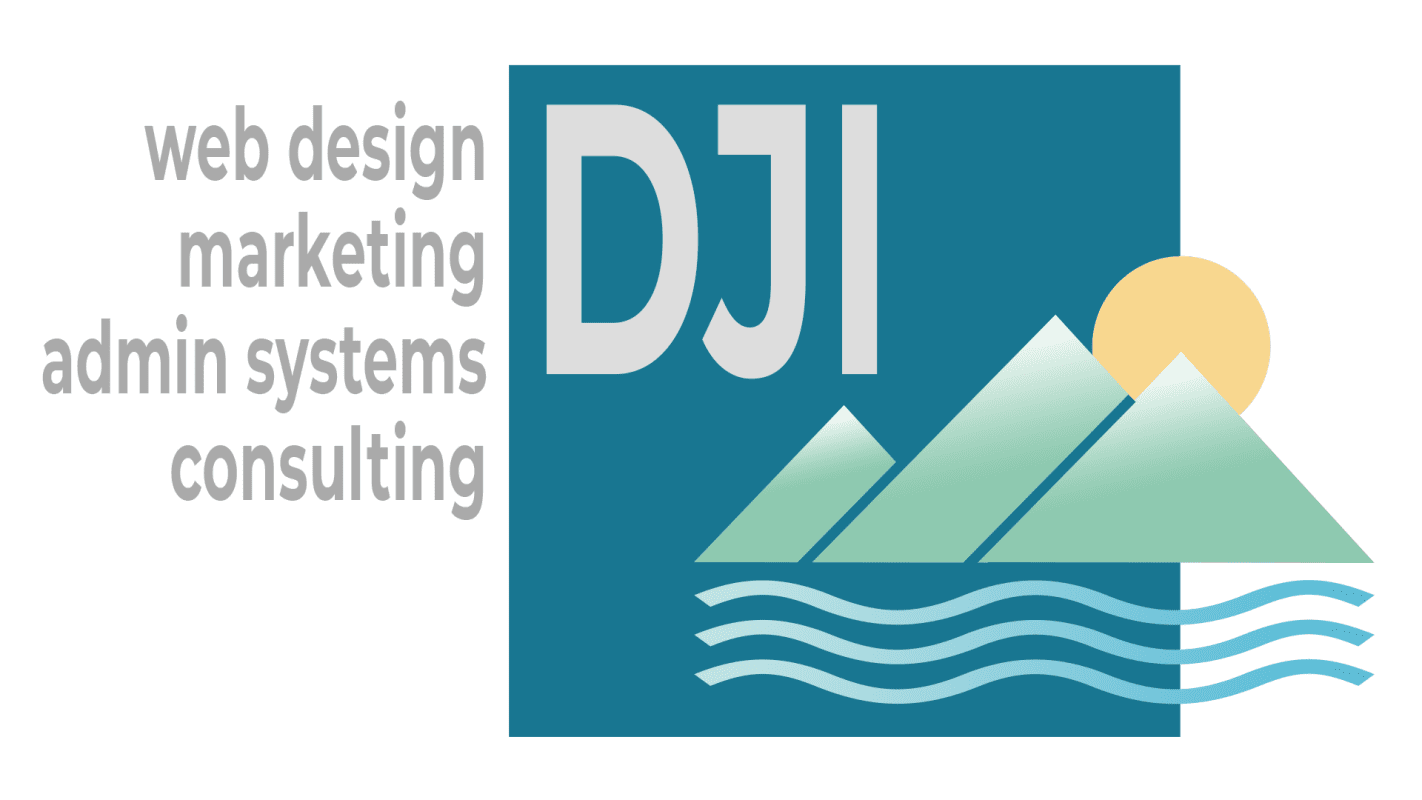Photo by JESHOOTS.COM on Unsplash
These notes may well be significantly revised on a regular basis. If this sort of thing is of any interest I'd urge you to invest in yourself: bookmark and check back for regular updates, or perhaps even sign-up below for update notifications.
Click here to learn more about 'Pragmatics' and browse all my Notes ...
Or, more to the point, how do YOU define Productivity?
TL;DR
- Productivity is a trap that rarely benefits us, unless we have clarified its exact meaning to ourselves.
- The concept of productivity is difficult to define and often sacrifices quality.
- Focusing on the quality and value of what we do is more important than how much we can get done.
Context
Productivity has long been a driving force in societies, with a focus on maximising output and efficiency to achieve economic growth and progress. However, it is important to highlight the potential drawbacks of this approach. The theme of this article explores the idea that productivity can be a trap, leading to overwork and burnout rather than benefits. Additionally, there is difficulty in defining productivity as it may involve trade-offs between quantity and quality.
The COVID-19 pandemic prompted further discussions about traditional productivity measures as remote work became more prevalent. There is growing interest in reevaluating notions of productivity to prioritise work-life balance and mental well-being. Related topics include prioritising quality over quantity, exploring the impact of technology on productivity, and investigating the relationship between mindfulness practices and well-being on productivity levels. Looking ahead, there may be a shift towards more holistic approaches that consider factors beyond mere output such as employee well-being, creativity, and innovation.
Thoughts
Being productive appears to be the focal point of most of our lives these days. Every day we think about how much we can get done, exploring new ways to enhance our levels of productivity, and beating ourselves up if we don’t accomplish every last daily task on our ever-growing to-do list..
The fact is that we rarely, if ever, actually do everything we want to do in a day because we’re all pretty bad at being ‘productive’.
I have a strongly held view that the broad concept of productivity, and our society’s obsession with it is unhealthy and something from which you rarely benefit unless it is contextualised and structured effectively in a framework of goals and values.
What does it mean to be productive? To you, that is. Your boss might have a very different opinion, of course.
Does it mean how many tasks you can tick off in the fastest amount of time? Or how much knowledge you can stuff into your brain per day? Or maybe you’d judge it by how much money you’ve made in a certain time frame.
This is the point, it is quite difficult to define, and we often have a narrow view of what productivity is for us. We set ourselves rigid goals, and if we stray from these, we feel unproductive. When we look at this through another lens however, we are actually being pretty productive.
For example, I often see productivity as how much I write in a day, or whether or not I worked on my articles. I can very easily make myself feel as though I am procrastinating, and should be working on something else. Even when you learn something new, which is undoubtedly a productive activity, it’s easy for you to feel unproductive.
My point is we always have at least one thing that we know we need to do, and if we aren’t doing that specific thing, we are cursed to deal with the dark shadow of procrastination which hovers over us.
The notion of productivity makes us feel bad for doing, what are essentially, productive things, just because they aren’t necessarily the most productive things we could be doing.
Now this is just my first problem with productivity. My second is that, more often than not, it sacrifices quality.
Quality vs Quantity
It’s all about efficiency, how quickly we can run through our daily tasks. You see, our brain is brilliant at tricking us into feeling like we’ve done a great job, just because we did a lot of work. After all, I’m going to feel way more productive if I write 5 articles a day rather than 1, despite the fact that they’re probably all ill-conceived and badly written.
Your rational brain knows that all the work you did that day was poor, but somehow you still feel more satisfied than you would have if you’d just done one thing, really well.
At its core, the idea of productivity over everything else, is just a means to gratify your ego. You feel proud of yourself because of how MUCH work you’ve done, and you can give yourself a pat on the back. It doesn’t matter that your work is poor, as long as you’ve ticked all your tedious little boxes.
It’s exceptionally challenging to control your brain, and to fight off all of the urges it conjures up, and the propositions it makes. Consider stepping out of your bubble sometimes, and think to yourself, “Is what I am currently doing of any value to me?”
If the answer is NO, then stop doing it and do something else.
By value, I don’t just mean in terms of work, or money, or grades. I mean value in any sense.
You may not see spending time with your loved ones as being ‘productive’, but it holds a lot of value for your mental health and happiness. Something that truly lacks any value is mindlessly scrolling through social media, for example.
You need to define productivity. Rather than focusing on how much we can get done, we should look at the quality of what we are doing, and if it truly adds any value to our lives or anybody else’s.
You are only really being truly productive when you start living with purpose, fulfilment, and value.
To Conclude
While concerns about the negative consequences of unchecked productivity are valid, it is crucial to adopt a nuanced perspective that acknowledges both its potential benefits and limitations.
By redefining productivity beyond mere output metrics and embracing holistic approaches that prioritise efficiency alongside creativity and collaboration, we can harness its power for positive outcomes in both our professional and personal lives. Perhaps less of challenge if your circumstances see you working from home or remotely more frequently in the modern age, as ‘office’ pressures may diminish and afford you the space to shape your own meaning of productivity.










